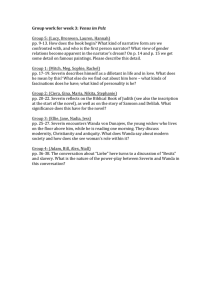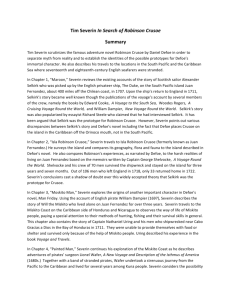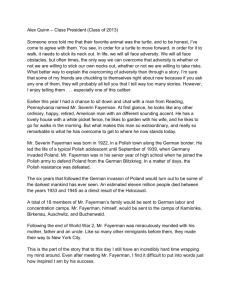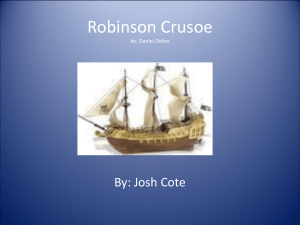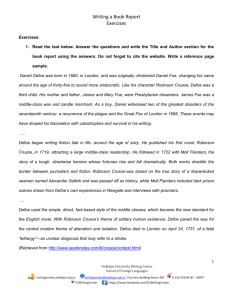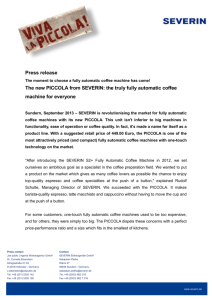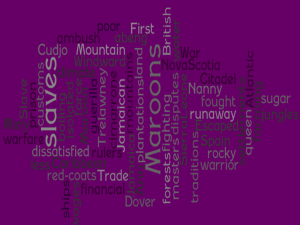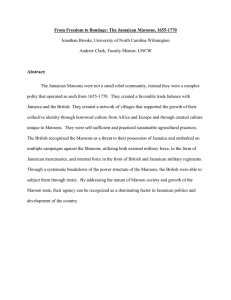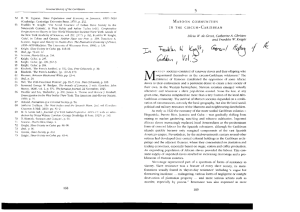In Search of Robinson Crusoe: Discussion Questions
advertisement
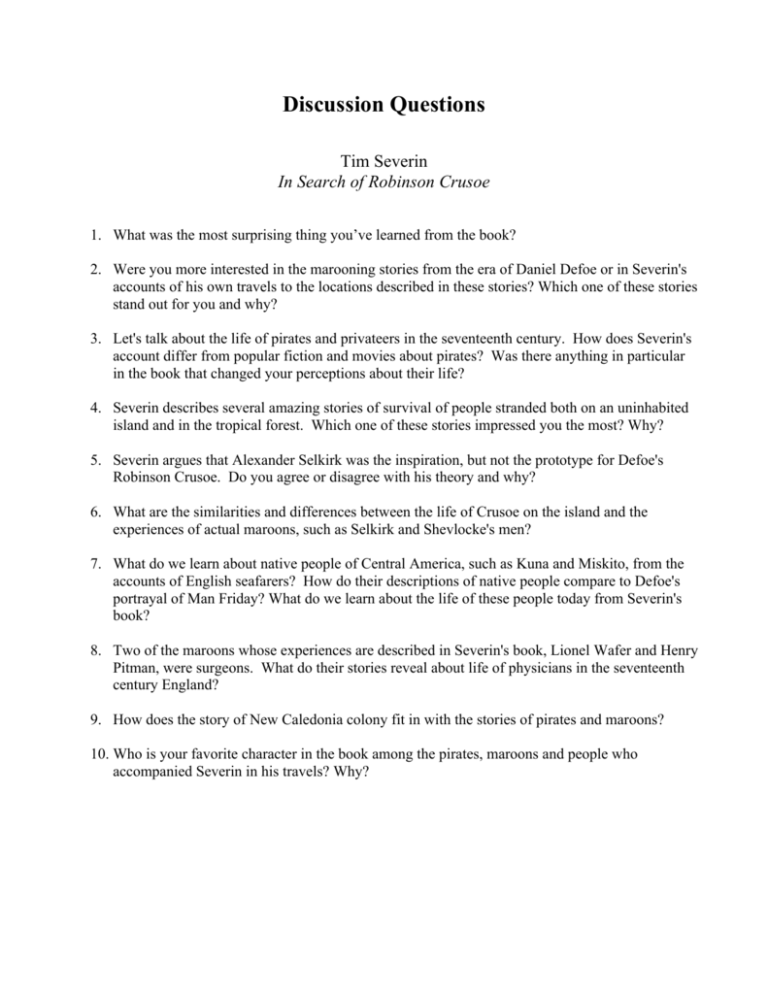
Discussion Questions Tim Severin In Search of Robinson Crusoe 1. What was the most surprising thing you’ve learned from the book? 2. Were you more interested in the marooning stories from the era of Daniel Defoe or in Severin's accounts of his own travels to the locations described in these stories? Which one of these stories stand out for you and why? 3. Let's talk about the life of pirates and privateers in the seventeenth century. How does Severin's account differ from popular fiction and movies about pirates? Was there anything in particular in the book that changed your perceptions about their life? 4. Severin describes several amazing stories of survival of people stranded both on an uninhabited island and in the tropical forest. Which one of these stories impressed you the most? Why? 5. Severin argues that Alexander Selkirk was the inspiration, but not the prototype for Defoe's Robinson Crusoe. Do you agree or disagree with his theory and why? 6. What are the similarities and differences between the life of Crusoe on the island and the experiences of actual maroons, such as Selkirk and Shevlocke's men? 7. What do we learn about native people of Central America, such as Kuna and Miskito, from the accounts of English seafarers? How do their descriptions of native people compare to Defoe's portrayal of Man Friday? What do we learn about the life of these people today from Severin's book? 8. Two of the maroons whose experiences are described in Severin's book, Lionel Wafer and Henry Pitman, were surgeons. What do their stories reveal about life of physicians in the seventeenth century England? 9. How does the story of New Caledonia colony fit in with the stories of pirates and maroons? 10. Who is your favorite character in the book among the pirates, maroons and people who accompanied Severin in his travels? Why?
